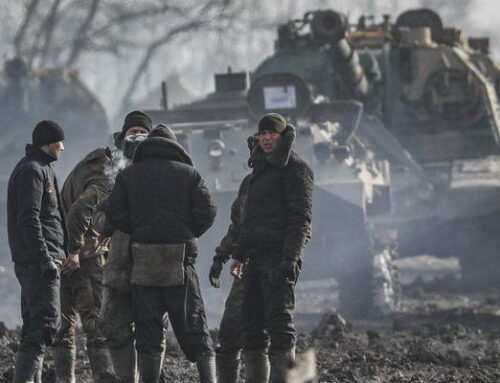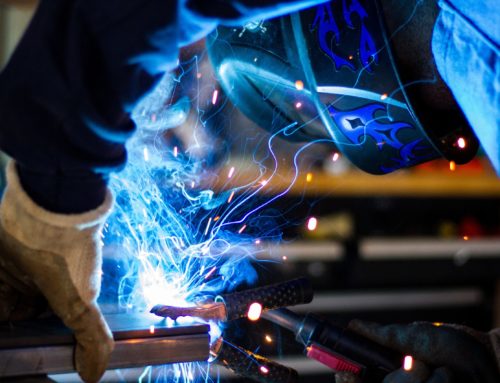Alexander Vipond
Australia and France will come together to develop the worlds first commercial silicon quantum integrated circuit.
Both countries signed a memorandum of understanding on quantum computing as part of President Emmanuel Macron’s whirlwind visit to Australia.
The memorandum will be the basis for a joint venture between Silicon Quantum Computing in Sydney (SQC) and Frances Commissariat a l’Energie Atomique et aux Energies Alternatives (CEA) in Paris. SQC is a public company backed by investment from the Australian government, Telstra, Commonwealth Bank and UNSW. CEA is the publicly funded research and development arm of the French government and will bring considerable resources and talent to the effort.
They will join SQC’s efforts to build silicon-based quantum complementary oxide semi-conductors (CMOS), which are the core technology in several key components of computers. Led by Australian of the Year Michelle Simmons, the SQC team unveiled a blueprint for such a CMOS chip late last year.
Christophe Gegout, the CEA Investissement chairman said “SQC’s scientific capability in Australia and the CEA’s research and development capability in France provide an excellent basis for a collaboration to develop and commercialise a quantum silicon integrated circuit based on Silicon-CMOS”.
Prime minister Turnbull stated that CEA had recently demonstrated a 300mm industrial-scale R&D facility, silicon CMOS technology that can be leveraged to create qubits and had fabricated isotopically 28Si substrates to further benefit from the intrinsic coherence properties of silicon.
Both organisations are keen to win the global race to build a silicon quantum CMOS and the first quantum computer. As they look to the future, they will examine how to develop Industrial scale quantum manufacturing capabilities. This is crucial to building a sustainable quantum industry sector in Australia.
The joint venture is part of a larger framework to nurture greater Franco-Australian ties and achieve strategic balance in the Indo-Pacific region. The two governments also signed agreements to deepen cooperation on cybersecurity, prevent terrorism financing and co-develop hyperspectral remote sensing satellites.







Leave a Reply